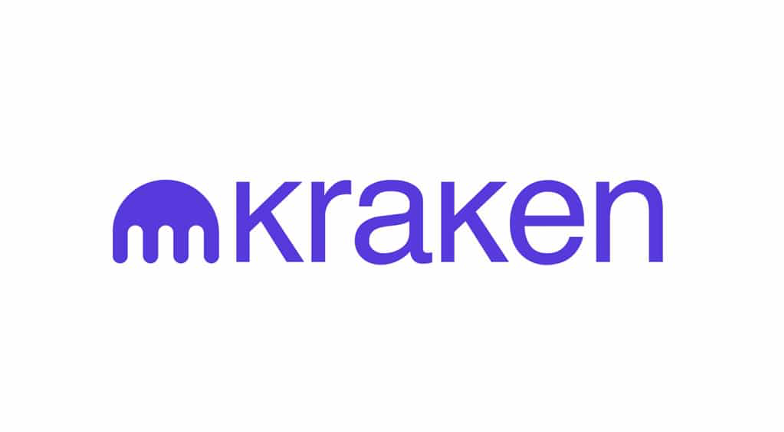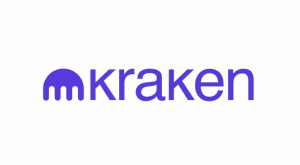Join Our Telegram channel to stay up to date on breaking news coverage
The U.S. Securities and Exchange Commission (SEC) has recently enforced action against crypto staking. However, Kraken CEO Jesse Powell and Coinbase’s chief legal officer are directly criticizing SEC’s action.
Kraken CEO Jesse Powell and Coinbase Executive Slam SEC’s ‘Misinformed’ Staking Ban https://t.co/He9FrfeJii
— The Daily Hodl (@TheDailyHodl) February 12, 2023
In a CBNC interview, SEC Chair Gary Gensler noted that Kraken does not reveal to the public the risks linked with staking their digital assets on the company. Kraken appeared on the radar of the U.S. SEC due to its sale of allegedly unregistered securities. However, the SEC Chair stipulated that the platform knew how to register on the SEC website for the required rules, but Kraken failed.
Previously, Kraken had raised $1 million from most of its investors, including trusts, individuals, and entities. The platform used a social media marketing campaign to promote its offering. However, the SEC found out that the firm provided investors with false statements, including the use of proceeds, the nature of the offering, and management of the team’s experience. Kraken had to pay a $30 million fine and also were asked to remove staking from its platform.
However, Kraken CEO responded to the SEC chair’s claims noting that they were false.
Oh man, all I had to do was fill out a form on a website and notify people that staking rewards come from staking? I wish I’d seen this video before paying a $30 million fine and agreeing to permanently close the service in the U.S. How dumb do I look? Gosh.
Paul Grewal addresses concerns on crypto staking
On the other hand, Coinbase chief legal officer, Paul Grewal, has hopped on to the recent developments, as he addressed various questions concerning crypto staking in a series of tweets. Grewal noted that despite the SEC scrutiny, staking is a vital and legitimate way of investment for digital asset holders.
Questions: What does the platform really do with your tokens? Are they really staking them? Are they blending them with their other business?
Answers: When a user chooses to stake assets with us, we put users’ tokens into the native, chain-level smart contract, where they are locked until the user chooses no longer to participate.
Question: Are the underlying crypto protocols genuinely creating value for your investment? Or are they just new tokens diluting the value of the ones you already have?
Answer: Staking is a way to earn rewards by helping to secure a blockchain. Various networks that rely on staking- including all that we support-reward users using their token, which can rise and fall in value like any other digital asset.
Further, Grewal noted that,
Rules and rulemaking could and would address all of this. In the first place, that’s why Congress passed the Administrative Procedure Act. Regulation by enforcement is a poor substitute./end.
Crypto community reacts to SEC stance on crypto staking
Nonetheless, other founders, including Cardano (ADA) creator, have come out addressing SEC’s concerns on crypto staking. Speaking via a YouTube Channel, Charles Hoskinson, Cardano (ADA) creator, noted that SEC targeted Kraken for the way the platform structured its staking services for its users but not the underlying assets themselves. He noted:
There will be a national discussion about these things, especially now that Kraken and other firms are getting involved. It does not appear that there is any attempt to say,’ oh well, staking mechanics somehow now make the underlying asset security.’ You’ll probably see a lot of FUD over Twitter and other social platforms saying, oh, well, if staking is a security, that must mean the underlying asset is. So Ether is now a security. Or ADA is now a security.
Further, Hoskinson went ahead and gave out some examples to support his remarks, noting:
Let us be very clear. You can take wheat, a commodity, or gold and put it into some package or structuring where that package is a security or the activity you’re doing with it is regulated. However, that doesn’t make wheat or gold a security. So you didn’t have that transitivity where what you do with stake pools could infer the underlying asset has a problem. We haven’t seen any trial to do that at the moment.
Notably, the Coinbase CEO, Brian Armstrong, took to his Twitter to address speculating information that SEC may ban crypto staking for retail customers. Armstrong asserted that staking is necessary for the crypto market and facilitates improvements, including diminished carbon footprints, scalability, and increased security. Further, he noted that staking is not a security. He believes enforcement regulation needs to be revised since it may lead to platforms operating offshore- as in the FTX case.
5/ Regulation by enforcement doesn’t work. It encourages companies to operate offshore, which is what happened with FTX.
— Brian Armstrong (@brian_armstrong) February 8, 2023
Additionally, Billy Marcus, the Dogecoin founder, noted via Twitter that ‘the government is so weird.’ On the other hand, Ripple’s community lead stipulated that:
Crypto doesn’t belong in their club.
https://twitter.com/BiasGoose/status/1623504655014678536?s=20&t=37XNNQzFE0kScZOd-LXVdw
However, all these comments are light-hearted to the point of wrath about the SEC’s concern on crypto-related matters.
More News:
- Kraken Questioned By The SEC Over The Sale Of Unregistered Securities
- What Ethereum Staking Means After the Kraken Crackdown
- PayPal Slams The Brakes On Altcoin Project, Again
Best Wallet - Diversify Your Crypto Portfolio
- Easy to Use, Feature-Driven Crypto Wallet
- Get Early Access to Upcoming Token ICOs
- Multi-Chain, Multi-Wallet, Non-Custodial
- Now On App Store, Google Play
- Stake To Earn Native Token $BEST
- 250,000+ Monthly Active Users
Join Our Telegram channel to stay up to date on breaking news coverage


